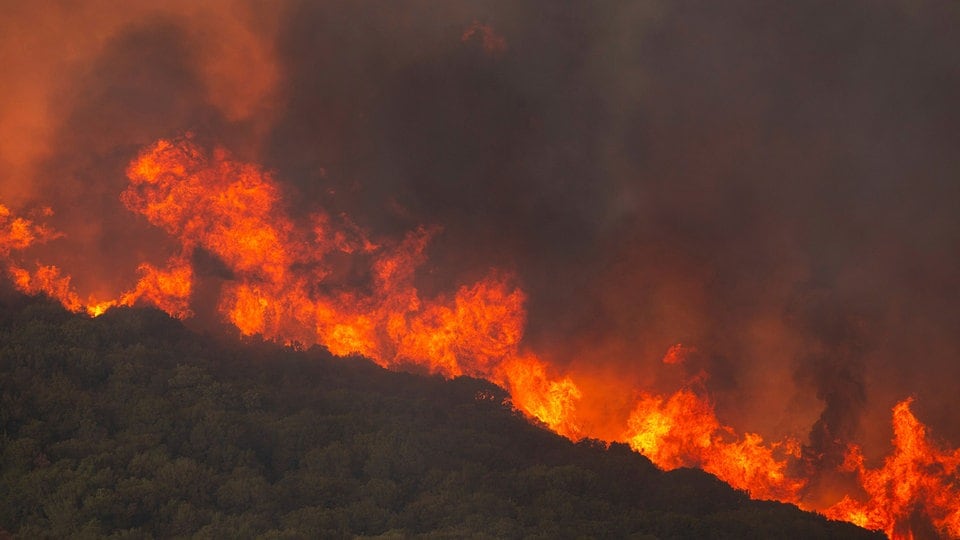Massive bushfires in Australia in 2019/20 led to lower humidity, fewer cirrus clouds and less precipitation globally, a new TROPOS study from Leipzig shows.
There is still great uncertainty in research about how large the influence of individual extreme events is on overall climate. The Leipzig Leibniz Institute for Tropospheric Research (TROPOS) has long been dealing with the bushfires that broke out in Australia at the start of 2019/20, the so-called “Black Summer”. A year ago, researchers published their first findings. For example, a forest fire created a vortex that changed the air in the stratosphere over long periods of time.
The current TROPOS study follows on from the previous year’s work. Using computer simulations, the authors of the new study show that absorption of sunlight by Australian smoke should have led to a corresponding increase in temperatures of a few degrees Celsius in the upper troposphere and lower stratosphere. This effect is not confined to the Southern Hemisphere. Stretches migrated in the tropics towards the Northern Hemisphere in a few months. After analyzing the simulation data, this unexpected phenomenon can be attributed to changes in the global circulation.
A 0.2 percent drop in global precipitation is possible due to massive wildfires
The changed climatic conditions then had an inverse effect on the weather. Warming of the upper troposphere in the simulation model led to lower humidity and thus a decrease in cirrus clouds. Ultimately, the results suggest a potential 0.2 percent decrease in global precipitation due to the effects of Australian smoke.
“Our findings show that not only was cirrus cloud cover reduced, but the entire water cycle may have been weakened by the Australian fires,” says TROPOS researcher Fabian Senff, “although the quantitative assessment of these effects is highly uncertain.” More research needs to be done to reduce these uncertainties in the future. Ina Tegen from TROPOS says: “As rapid climate change increases the risk and severity of wildfires, interpretation of extreme fires and their impacts in global climate models urgently needs to be improved.”

“Friend of animals everywhere. Web guru. Organizer. Food geek. Amateur tv fanatic. Coffee trailblazer. Alcohol junkie.”







More Stories
What was the background to the British extradition treaty with Rwanda?
Australia returns to the MXGP World Championship next season.
Airplane noise in Australia: Man complains 21,000 times